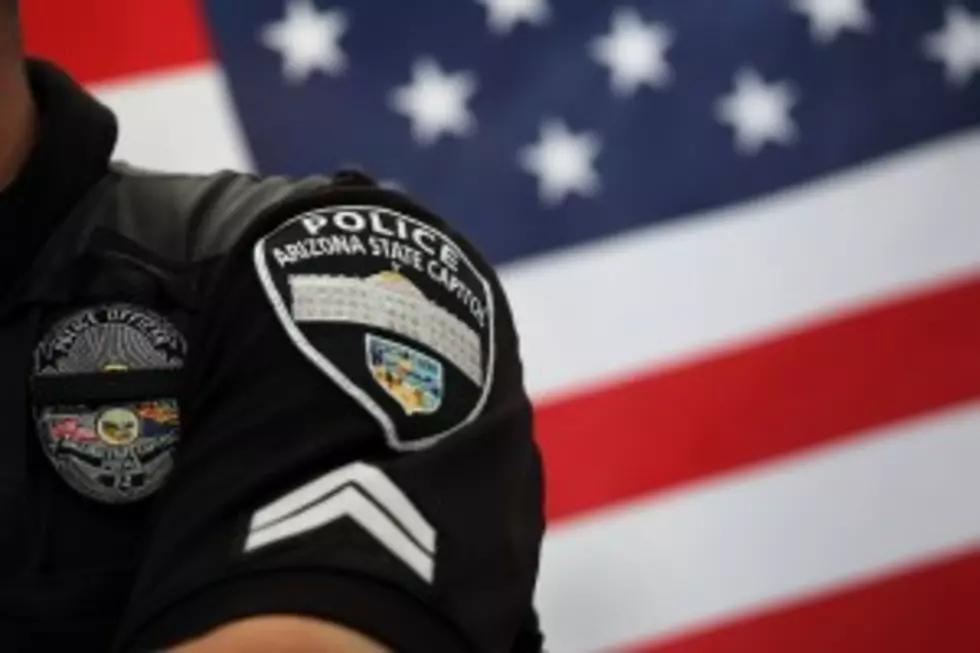
Watch Out For Veterans Day Scams
This Veterans Day, some charities are raising money to support members of the Armed Forces and their families. While many are worthy of support, Better Business Bureau serving Binghamton and all of Upstate New York, warn not all of these "charities" are the real deal.
BBB Military Line and BBB Wise Giving Alliance remind everyone to do their research first to make sure your contributions go to actual causes, and not into scammers' pockets.
How Veteran Scams Work:
You receive a solicitation from a charity that claims it is collecting donations to help veterans. It may take the form of a phone call, a postcard in the mail, an email message, a social media post or even a person going door-to-door.
There are several ways consumers can protect themselves from veterans’ charity scams:
Watch out for name confusion. Many veterans’ charities include virtually the same words in different order or slightly different form.
Program descriptions. Look for a clear description of the organization's programs in its appeals and website. If it says it is helping veterans, does it explain how (financial assistance, shelter, counseling), and where it is doing so?
Telemarketing cautions. Telemarketing can be a costly method of fund raising unless carefully managed. If called, do not hesitate to ask for written information on the charity's programs and finances.
On-the-spot donation decisions. Be wary of excessive pressure in fund raising. Don't be pressured to make an immediate on-the-spot donation. Charities should welcome your gift whenever you want to send it.
Donating used clothing and other goods. Find out how the charity benefits from the collection and resale of used clothing and other in-kind gifts. Sometimes the charity receives only a small portion of the resale price of the item or may have a contractual arrangement to get a flat fee for every household pick-up, no matter what the contents.
More From 98.1 The Hawk

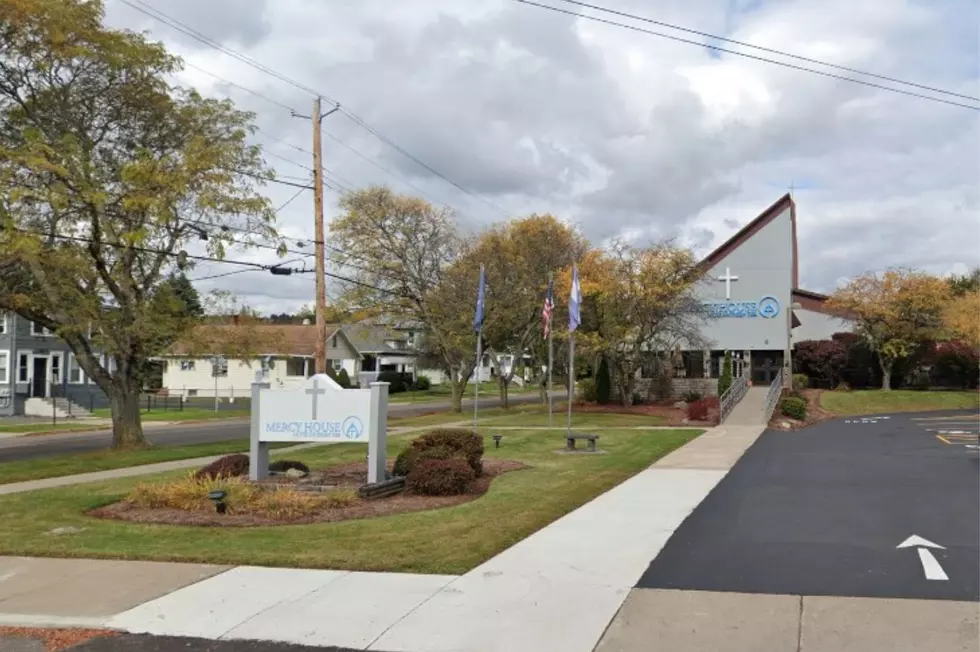
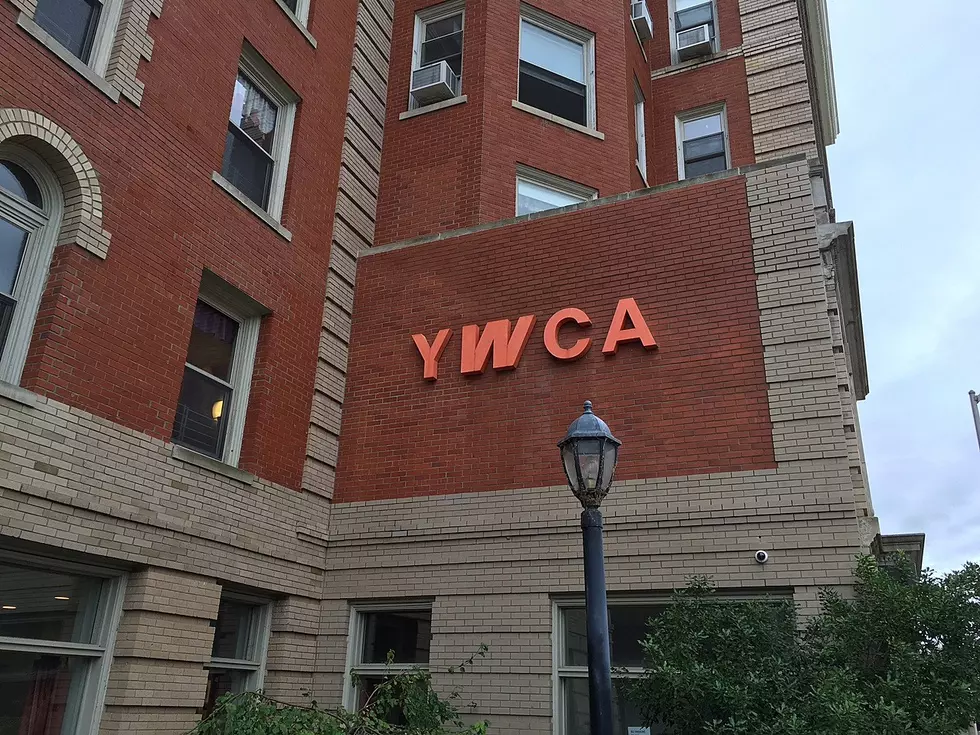
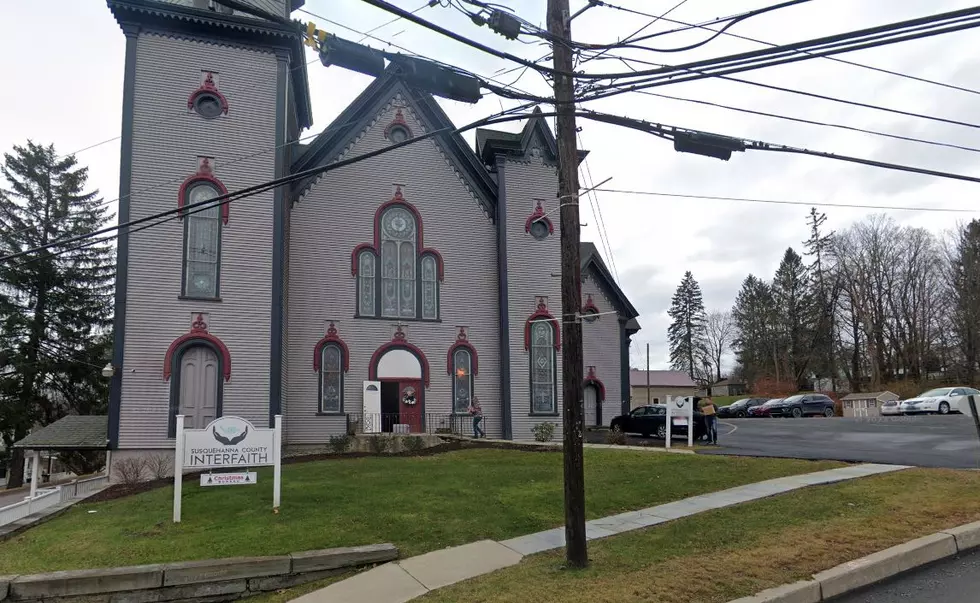

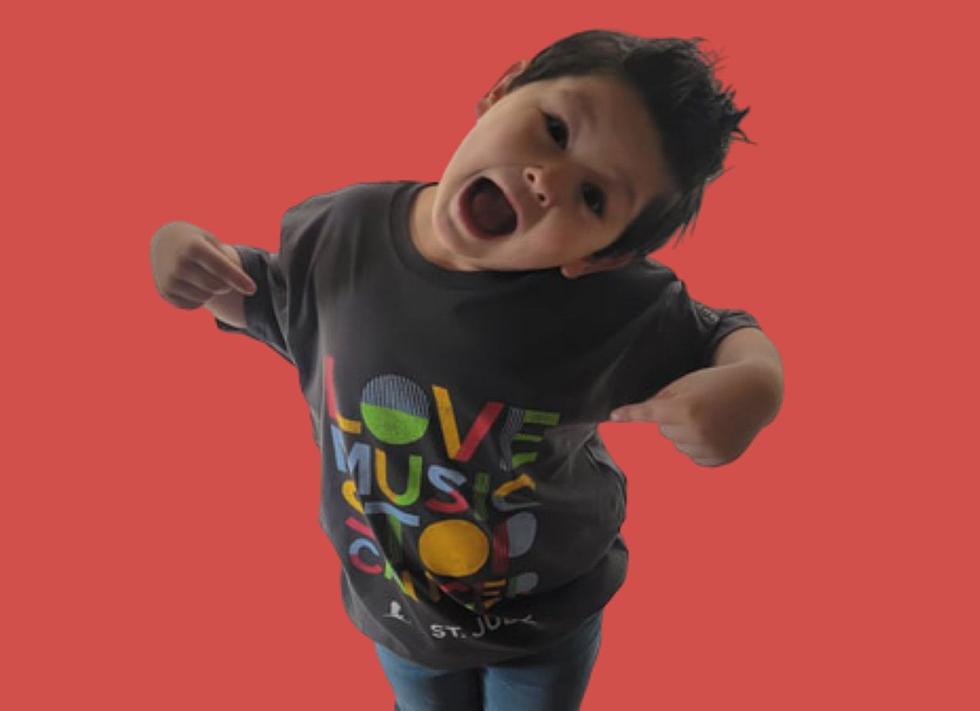


![St. Jude ABCs of Cancer: M Is for Miracle, Praying for a Miracle [GALLERY]](http://townsquare.media/site/498/files/2021/02/abcs.jpg?w=980&q=75)
